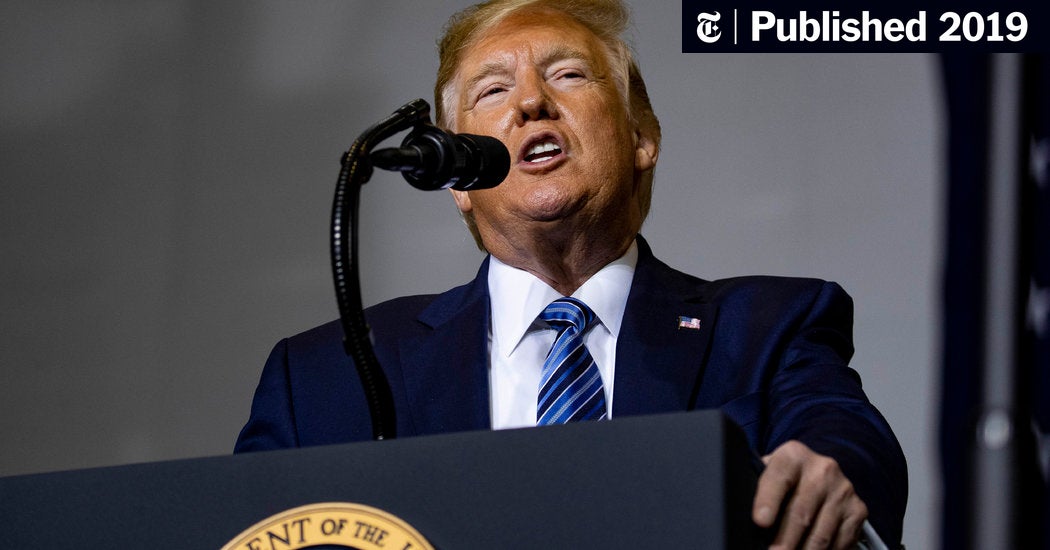EV Mandate Opposition: Car Dealerships Renew Their Fight

Table of Contents
Economic Concerns and Infrastructure Readiness
Dealerships argue that the rapid transition to EVs requires significant upfront investment, creating substantial challenges for businesses already operating on tight margins. This opposition to EV mandates stems from a range of economic concerns.
Investment Challenges
The high cost of transitioning to an EV-centric business model is a major hurdle. Dealerships face substantial expenses across several areas:
- High initial costs of EV charging stations: Installing and maintaining fast-charging stations requires significant capital investment, especially for dealerships located in areas with limited grid capacity. The return on investment is uncertain, particularly given the fluctuating demand for EVs.
- Need for specialized EV mechanic training: EV repair and maintenance differ significantly from those of internal combustion engine (ICE) vehicles. Training technicians to work on EV batteries, electric motors, and sophisticated electronics necessitates substantial expenditure on training programs and specialized tools.
- Uncertainty in consumer demand for specific EV models: Predicting future EV sales is challenging due to rapidly evolving technology, shifting consumer preferences, and the introduction of new competitors. This uncertainty makes inventory management difficult and increases the risk of losses due to obsolete stock.
Inventory Management
Effective inventory management is crucial for dealerships' profitability. However, the unpredictable nature of EV demand makes this a significant challenge:
- Fluctuating EV prices impacting profitability: Price volatility in the EV market makes it difficult to price vehicles competitively and maintain consistent profit margins.
- Limited EV model options compared to ICE vehicles: The smaller selection of EV models compared to ICE vehicles limits the choices available to consumers, potentially restricting sales volume for dealerships.
- Difficulties in predicting future EV technology advancements: Rapid technological advancements in battery technology, charging infrastructure, and autonomous driving features make long-term inventory planning extremely difficult. Dealerships risk being left with obsolete inventory if technology evolves too quickly.
Consumer Readiness and Market Acceptance
Beyond the economic concerns, the opposition to EV mandates also highlights the critical issue of consumer readiness. A significant portion of the population remains hesitant to adopt EVs, creating further challenges for dealerships.
Range Anxiety and Charging Infrastructure Gaps
Range anxiety – the fear of running out of battery power before reaching a charging station – is a significant barrier to EV adoption. This is exacerbated by the lack of widespread, reliable charging infrastructure:
- Lack of widespread, fast-charging networks: The current network of EV charging stations is insufficient to meet the needs of a mass-market transition to EVs. Many areas lack adequate charging infrastructure, particularly in rural regions.
- Concerns about charging time and convenience: Charging an EV takes significantly longer than filling a gasoline tank, posing an inconvenience for many consumers. The lack of widely available fast-charging options exacerbates this issue.
- Inconsistency in charging station availability across regions: The uneven distribution of charging stations across different regions creates a significant barrier for drivers planning long journeys.
Affordability and Purchasing Power
The higher initial cost of EVs compared to ICE vehicles remains a significant barrier to entry for many consumers:
- Limited access to government incentives and rebates: While government incentives exist, they are often insufficient to offset the higher purchase price of EVs, making them inaccessible to a large segment of the population.
- Impact on used car market and trade-in values: The relatively young EV market has yet to establish consistent used car values, creating uncertainty for consumers trading in their existing vehicles.
- Concerns about battery longevity and replacement costs: Concerns about the longevity of EV batteries and the high cost of replacement remain a deterrent for potential buyers.
The Role of Government Incentives and Regulations in Shaping the EV Market
Government policies play a crucial role in shaping the EV market. The effectiveness of current incentives, alternative policy approaches, and the potential negative impacts of overly aggressive mandates require careful consideration. A balanced approach is needed, fostering innovation while acknowledging the challenges faced by both the industry and consumers. Analysis of existing incentives, exploration of alternative approaches (such as carbon taxes or stricter emission standards), and an assessment of the potential downsides of overly aggressive mandates are essential for shaping effective policies that promote EV adoption without causing undue disruption to the market.
Conclusion
The opposition to EV mandates from car dealerships highlights significant challenges in the transition to electric vehicles. Concerns over economic viability, consumer readiness, and infrastructure gaps are valid points that require careful consideration. While the shift towards EVs is crucial for environmental sustainability, a balanced approach is needed, considering the practical realities faced by the industry and consumers. A collaborative effort between policymakers, manufacturers, and dealerships is essential to ensure a smooth and successful transition. Addressing the concerns surrounding EV Mandate Opposition is key to building a sustainable and thriving future for the automotive industry. We urge policymakers to engage in constructive dialogue with industry stakeholders to find solutions that foster innovation and address the challenges presented by ambitious EV mandates while minimizing disruption.

Featured Posts
-
 Where To Watch Celtics Vs Knicks Live Stream And Tv Broadcast Details
May 12, 2025
Where To Watch Celtics Vs Knicks Live Stream And Tv Broadcast Details
May 12, 2025 -
 New York Court Case Will Determine Future Of Trump Tariffs
May 12, 2025
New York Court Case Will Determine Future Of Trump Tariffs
May 12, 2025 -
 Significant V Mware Price Increase At And T Criticizes Broadcoms Proposed Deal
May 12, 2025
Significant V Mware Price Increase At And T Criticizes Broadcoms Proposed Deal
May 12, 2025 -
 Ufc 315 Why A Valentina Shevchenko And Zhang Weili Fight Makes Sense
May 12, 2025
Ufc 315 Why A Valentina Shevchenko And Zhang Weili Fight Makes Sense
May 12, 2025 -
 Payton Pritchards Childhood Influence On His Professional Basketball Career
May 12, 2025
Payton Pritchards Childhood Influence On His Professional Basketball Career
May 12, 2025
